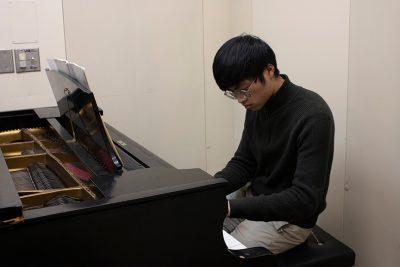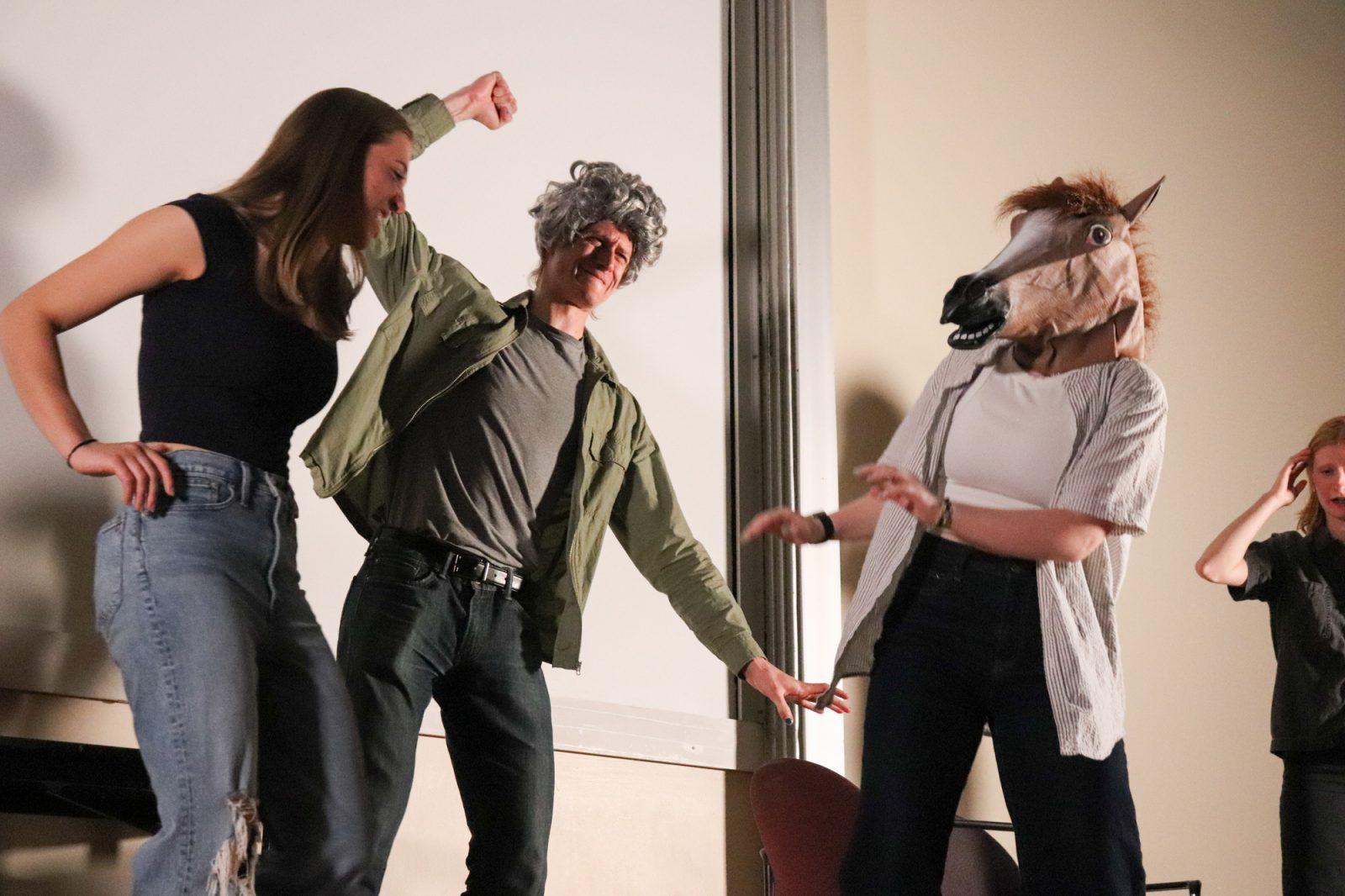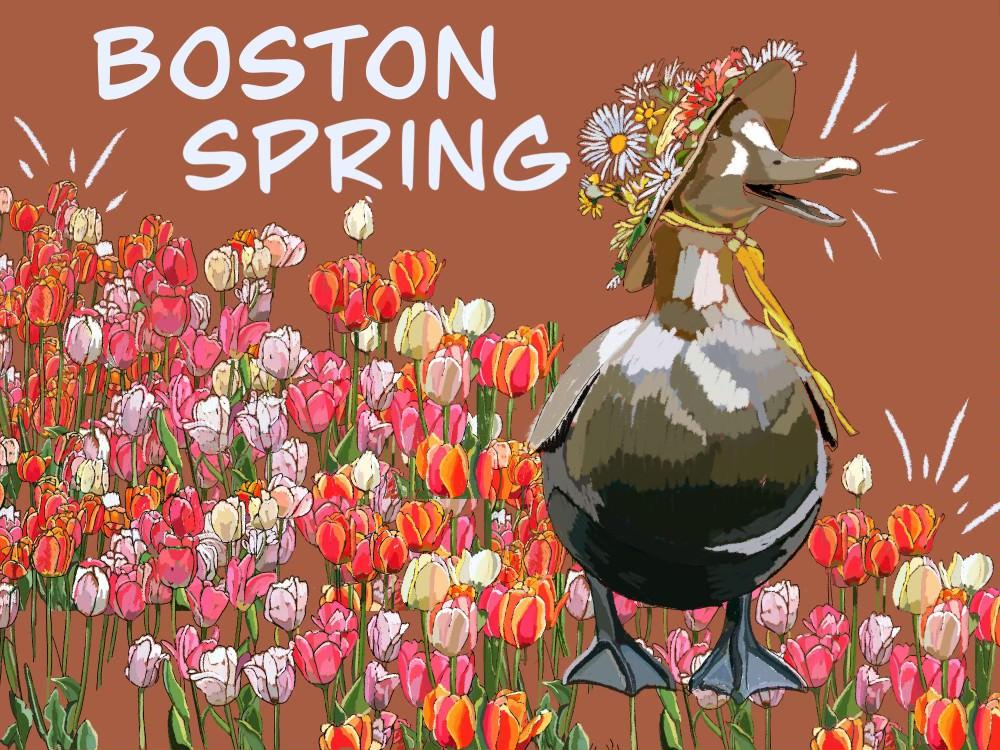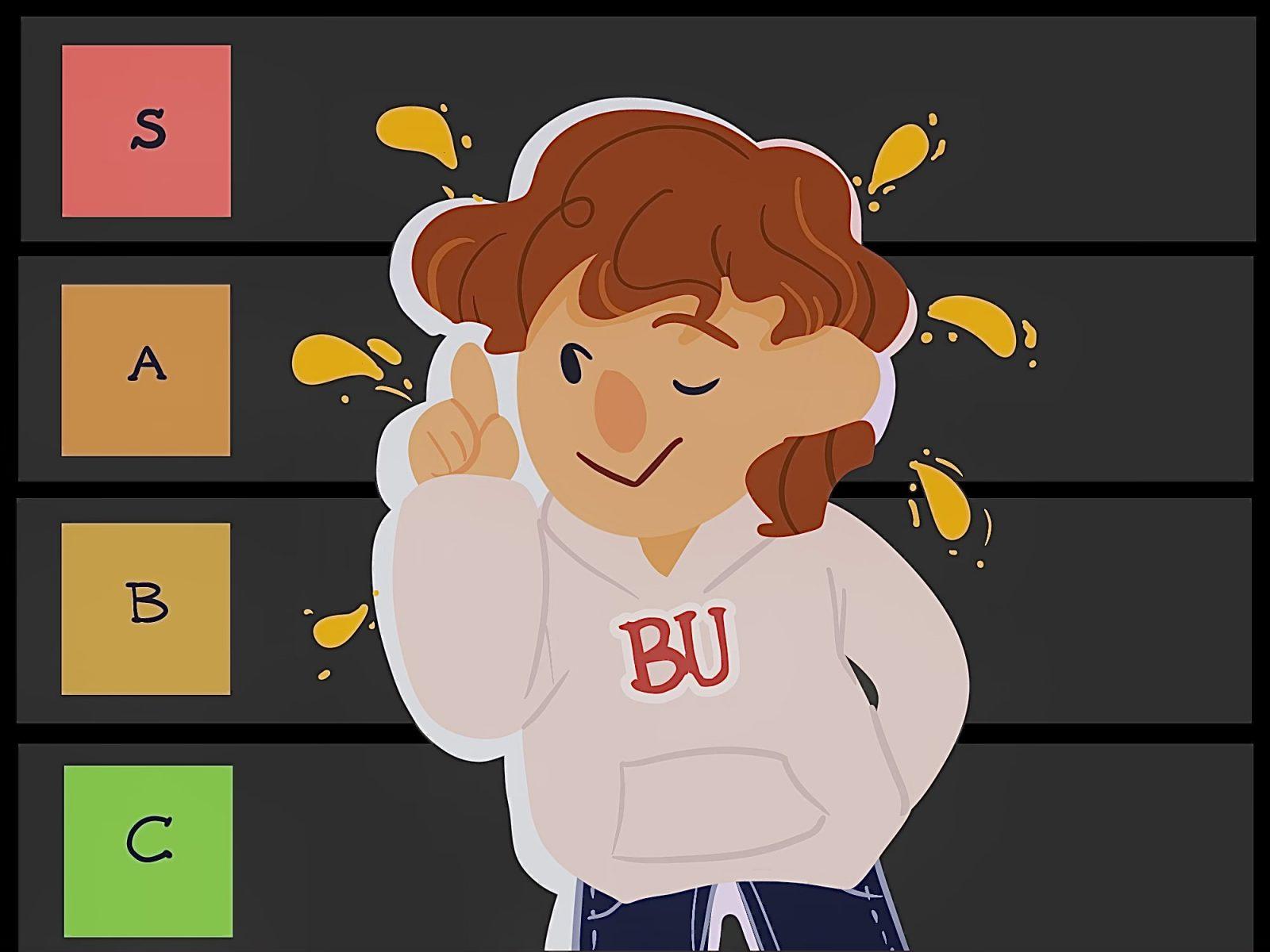The College of Fine Arts at Boston University is anything but hidden. Before the lockdown last year, students had to walk under CFA’s scaffolding as they headed east or west along Commonwealth Avenue. And it’s a little difficult to miss the Joan and Edgar Booth Theatre’s towering, slanted glass facade.
CFA students, however, are few in number and even fewer in outside clubs around campus. The pressures of performance and art are huge, and for many students, art was a hobby that turned into a career path.
I’m a sophomore in cello performance — a major many around campus don’t encounter very often. I’m a dual-degree student as well, and I always tell my CFA friends that my journalism classes can balance out the music ones. Journalism is fair, unbiased and straightforward. Music is artistic, expressive and objective.
Feeling confident about schoolwork and classes is something that helps cement your choice of study. I’m sure many music students spend a semester here at BU and immediately know that this is their life calling. I am not so lucky.

Even with near-perfect grades in my music theory and music history classes, I don’t get the same validation as I would from receiving an A on my latest article for JO 200.
The first semester of the music performance degree for any instrument — winds, piano, vocal or string — begins with about 18 credits, but not really. These 18 credits are stretched and pushed to accommodate a rigorous course load that masquerades as a basic freshman year. Tips for string players also come in the basics.
Going into my fourth semester of school, my classes have improved my playing more than I would have ever predicted. As my ear has gotten better, so has my playing. But is it good enough? This is the question every artist in CFA — visual arts, theatre and music — has asked themselves at least once. If you’re me, it’s definitely been more than once.
Playing in ensembles is also an important part of our music education here at BU. Not only is it practice for the vast majority of freelance and long-term employment opportunities, but it is a principal aspect of our musicianship. Since COVID-19, ensembles have been scaled down, and so has the difficulty in the repertoire. Hopefully, things can go back to a new normal by next school year.
Weekly lessons are the main aspect of our education. I have been taking lessons since I was six, and even then, it is up to the student to get the most out of lessons. Self-motivation is a term that was thrown around my first semester here. I got many warnings before I arrived on campus about wasting my time — or worse, my tuition dollars — if I didn’t practice my instrument daily.
I, like my classmates at the School of Music, grew up with my instrument. However, the rigorous courses and focused training changed the way I saw music. Before, I wasn’t a musician, and I for sure wasn’t an artist. Music school is about creating the distinction between being just a cellist and being an artist.
The community in the SoM is a small, supportive one. Each of us spends a fair amount of time hanging around the maze of practice rooms in CFA’s basement. With a small freshman class each year, I was excited to be in multiple courses with the same group of a dozen or so students.
The best part is that many of my music friends understand the pressure and the culture surrounding classical music. We all sit in our classes and lessons thinking about graduate school, jobs post-graduation and how to turn our musicianship into a profession. Some people will shoot for an orchestra job, some a teaching job. Others won’t end up in music at all.
As my journalism professor said, the only industry tougher than journalism is the arts.



























































































































